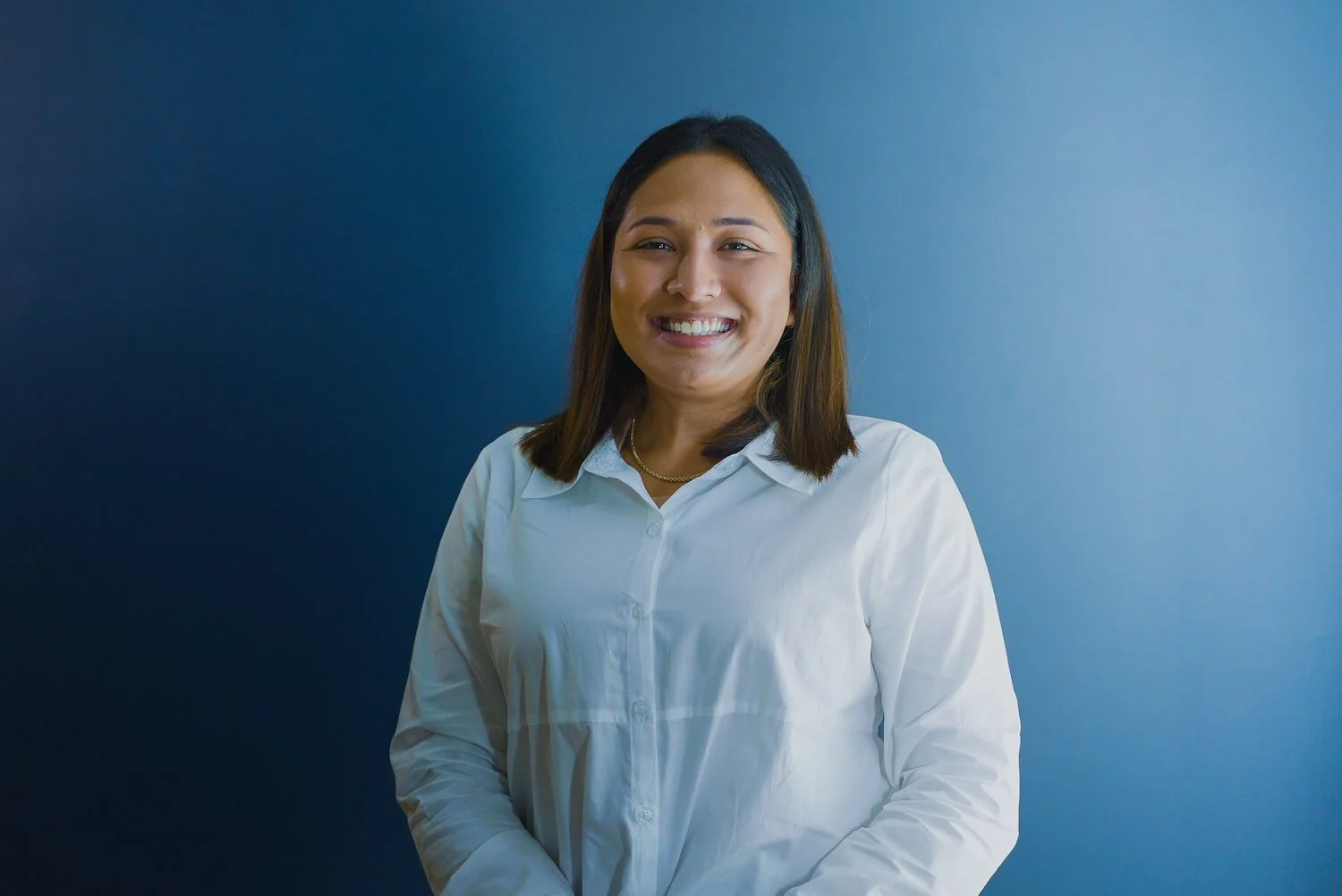
Dietetic Services In Boronia
Evidence-based nutrition support for long-term health and sustainable change.
Nutrition plays a central role in how the body functions, adapts, and maintains health over time. When nutritional intake does not adequately support individual needs, it can contribute to fatigue, metabolic imbalance, digestive concerns, and difficulty managing chronic health conditions.
At Bergamo Chiropractic and Nutrition Centre, nutrition services are delivered through a clinical, evidence-based approach. Care is personalised, practical, and designed to support sustainable lifestyle changes rather than short-term or restrictive solutions.
Nutrition care at BCNC focuses on understanding the broader context of your health. Consultations involve a detailed review of medical history, lifestyle factors, dietary patterns, and relevant health markers.
Advice is evidence-based, realistic, and tailored to suit your preferences and daily life. The aim is to support informed decision-making and gradual, sustainable change rather than rigid plans that are difficult to maintain.
Where appropriate, nutrition care may also complement other services within the clinic to support whole-person health.
Our approach to nutrition care
When nutrition support may be appropriate
Dietitian consultations may be helpful for individuals seeking support with a range of health concerns, including those related to metabolic, digestive, or hormonal health.
This may include people managing:
Type 2 diabetes or insulin resistance
Elevated cholesterol or cardiovascular risk factors
Digestive concerns such as IBS
Women’s health concerns, including hormonal changes and PCOS
Energy levels, weight management, or general wellbeing
Care is always guided by individual health history, goals, and capacity for change.
Frequently Asked Questions
-
Everyone can benefit from working with a dietitian, for many different reasons – whether you need a complete diet overhaul, are looking to manage a medical condition or disease, want to fine-tune your food choices or get inspiration for new, healthy recipes.
In a dietitic consultation, we’ll ask you about your goals, objectives and reasons for wanting to see a dietitian. We’ll review your medical history, family history, including any medications and supplements your currently taking. We’ll then dive into your stress levels, sleep patterns, energy levels, exercise and gastrointestinal function. We’ll also discuss your current diet, eating habits, patterns, dietary preferences and cooking ability. At the end of each consult, you will leave with a detailed individualised treatment plan to help reach your short and long-term goals.
-
It’s best to complete our initial intake form and drop it off at the centre at least 48 hours > Please reply to a SMS text to fill out the initial intake form, prior to the appointment. Alternately, if needing to fill out a paper version of the new patient, please scan and email back to info@bergamohealth.com.au
-
Most health funds recognise Nutritionists in their extras cover. The centre houses the on-the-spot- Hicaps claim facility, so patients simply pay the gap on the consultation. The rebate varies with different funds and the level of your extras cover. We recommend you speak to your health insurance provider if you want to determine your actual gap payment.
-
Yes, individual 2-week meal plans can be created for yourself. They take into consideration your work schedule, exercise program (e.g. your protein needs for each day) and your cooking ability.
-
Initial consultations are 1 hour.
Follow-up visits are 30 minutes, where your progress will be monitored, and changes will be made to your diet, lifestyle and supplements (if required).
-
Nutrition care may be suitable for adults of all ages who are motivated to improve their health through informed lifestyle and dietary changes, particularly those managing chronic or long-term health conditions.
If you are unsure whether nutrition support is appropriate for you, an initial discussion can help clarify next steps.
If you are seeking professional, evidence-based nutrition support in Boronia or the surrounding Knox area, our team is here to help. Contact Bergamo Chiropractic and Nutrition Centre to enquire about nutrition services or to book an appointment.




